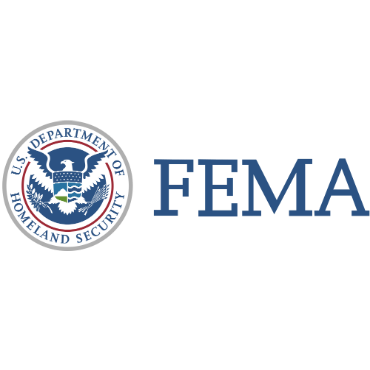DHS targets FEMA frausters, DOD finalizes supply chain rule, will ODNI share 702 data?
News and notes from around the federal IT community.

DHS fighting FEMA fraudsters with analytics
Federal insurance fraudsters beware: The Department of Homeland Security says it's using new data-matching tools to winnow out fraud in Federal Emergency Management Agency disaster assistance claims.
The DHS Office of Inspector General said it used those tools to find about $250 million in disaster assistance paid to more than 29,000 Hurricane Sandy applicants who may have also received duplicate benefits from their private insurers.
The OIG said the report was produced by auditors who conducted a large-scale data comparison of FEMA's records against a private insurance claims database. They wanted to determine the validity of FEMA's process for validating insurance coverage – or lack thereof -- for applicants seeking assistance from the Individuals and Households Program.
The OIG said FEMA's verification process for the claims was weak and that FEMA has been unable to develop or identify a nationwide database for private insurance coverage. Instead, it said FEMA relies solely on applicants' self-certification and legal warnings that are included on application forms. As a result of the analytics, the OIG said it referred 51 cases of possible fraud for further investigation. Many abuses involved losses of automobiles, for which both FEMA and the owners' insurers paid large claims, it said.
DOD finalizes supply chain rules
The Defense Department's long-awaited supply chain supplement to its acquisition bible, the Defense Federal Acquisition Regulation Supplement (DFARS), is finally in place.
The department adopted an interim rule that includes a change allowing it to consider the impact of supply chain risks in specified types of national security system-related procurements.
The lengthy document, posted to the Federal Register on Oct. 30, incorporates a change that specifies that a supply chain risk evaluation factor should be included in evaluating all IT acquisitions.
Privacy advocates urge ODNI to reveal spying data
Privacy advocates, including the American Civil Liberties Union and the Electronic Frontier Foundation, urged intelligence chief James Clapper to provide basic information on how many U.S. residents are caught up in surveillance authorized by Section 702 of the Foreign Intelligence Surveillance Act.
The law is intended to target non-Americans, but the emails and phone calls and other data on Americans "incidentally" caught up in surveillance and stored by the National Security Agency may be queried by spy and law enforcement agencies. The 32 signatories to the Oct. 29 letter urged Director of National Intelligence Clapper to reveal the exact numbers of Americans' communications were collected under covert surveillance. They also asked for data on how many times the FBI has used to the law to search for Americans' communications. The letter follows Clapper's recent promise to increase transparency within the IC.
NEXT STORY: The Biggest Cyber Breaches of 2015 (So Far)





